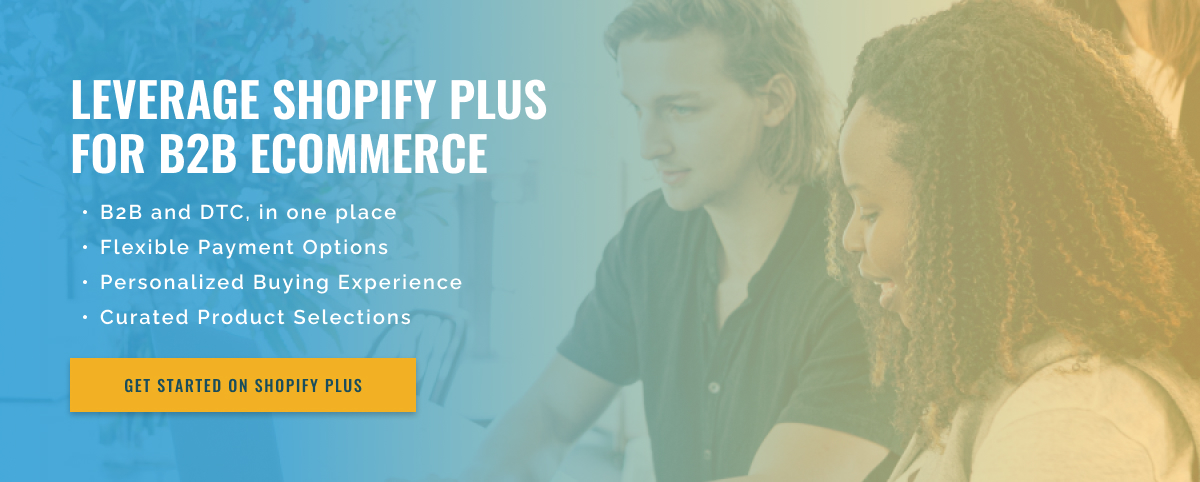3 minute read
Exploring Shopify’s Developer B2B Authentication Methods
Shopify is a popular eCommerce platform that offers businesses a variety of tools and resources to easily set up and manage their online stores. In addition to catering to B2C businesses, Shopify also offers features designed specifically for B2B businesses. However, with cyber threats and data breaches on the rise, developers accessing B2B data and resources on Shopify must ensure proper authentication methods are in place to protect sensitive information. In this blog post, we’ll explore the different authentication methods that Shopify offers for developers accessing B2B data and resources.
First, Shopify offers password protection as a basic level of authentication for B2B and B2C users. This means developers need a unique, secure password to log into their Shopify account, which serves as the first line of defense against unauthorized access. However, it can be risky to rely solely on passwords as they can be easily hacked or stolen.
To limit this risk, Shopify offers two-factor authentication (2FA) for an additional layer of security. With 2FA, developers must enter a unique code sent to their mobile device before gaining access to B2B data and resources. This adds an additional barrier against potential hackers and ensures that only authorized people have access to sensitive information.
Shopify also provides access restrictions to further protect B2B data and resources. This feature allows developers to restrict access to specific parts of their Shopify account based on user roles and permissions. For example, they can prevent certain employees or team members from accessing financial information or sensitive customer data. This helps prevent accidental or intentional mishandling of sensitive information.
Another authentication method that Shopify offers is single sign-on (SSO), which allows B2B users to log into multiple B2B systems with one set of credentials. This simplifies and streamlines the login process, making it easier for developers to access the necessary data and resources without compromising security.
Finally, developers can also use Shopify’s application programming interface (API) authentication methods to access B2B data and resources. This includes the use of API tokens and OAuth (Open Authorization) 2.0, which provide a secure and standardized way to authorize access to data. This is especially useful for developers creating custom integrations or apps that require access to B2B information in Shopify.

